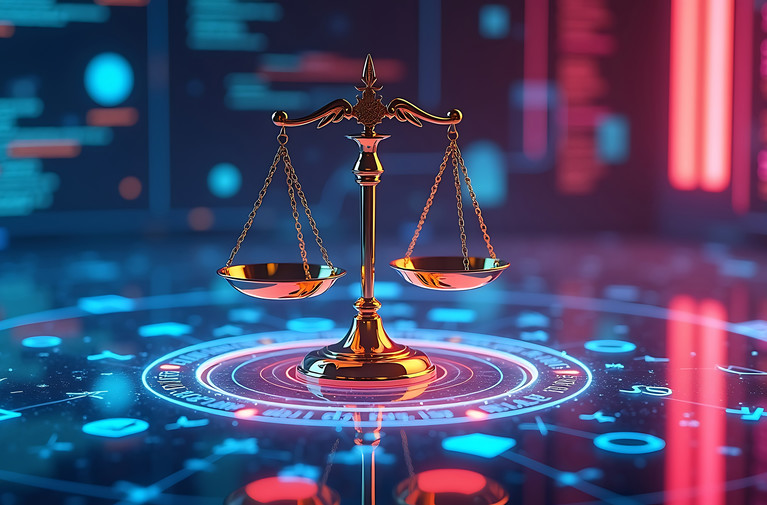California Judicial Council Adopts AI Rules for Judges, Court Employees
July 20, 2025 – The Judicial Council of California has approved new rules governing the use of generative artificial intelligence (AI) by judges and court employees, making California the largest U.S. state court system to implement such policies. Effective September 1, 2025, the rules aim to balance the technology’s potential benefits with safeguards to protect confidentiality, privacy, and judicial integrity.
Flexible Framework for AI Use
Adopted on July 18, 2025, the rules, developed by an AI task force led by Chief Justice Patricia Guerrero since 2024, allow California’s 65 courts to either adopt a model AI policy released in February or create customized policies by December 15, 2025. Courts that do not ban generative AI outright must address risks such as bias, privacy breaches, and security concerns. The policy emphasizes flexibility, avoiding rigid prescriptions due to AI’s rapidly evolving nature, as noted by task force chair Justice Brad Hill.
Key Provisions
The rules apply to both non-adjudicative (e.g., court administration) and adjudicative (e.g., judicial decision-making) roles. They prohibit inputting personal information, such as driver’s license numbers, into AI systems to prevent data training misuse. Users must review AI outputs for errors, including “hallucinations” (false information like fake case citations), and ensure content is free from bias or harm. Publicly available AI-generated written, visual, or audio work must disclose AI’s role if it constitutes the final product. Judges using AI in adjudicative roles should consider disclosing its use in public documents to maintain transparency.
Enhancing Access to Justice
The task force, including justices like Brad Hill and Mary Greenwood, highlighted AI’s potential to improve court efficiency and access to justice. For example, AI could assist self-represented litigants by guiding them through forms and procedures, as seen in initiatives like Orange County’s internal AI chatbots, EVA and EMI, which support staff training. Los Angeles County Superior Court, collaborating with Stanford Law School, is using AI to streamline limited civil cases, reducing unmeritorious default judgments.
Ethical and Practical Considerations
The rules prioritize human oversight to prevent improper delegation of judicial decision-making, addressing concerns raised nationally about AI’s ethical implications. California’s approach contrasts with stricter policies in some states, as it allows courts to tailor AI use while ensuring accountability. Other states, including Illinois, Delaware, and Arizona, have adopted similar AI policies, while New York, Georgia, and Connecticut are exploring their own.
With California’s court system handling five million cases and employing 1,800 judges, these rules mark a significant step in integrating AI responsibly, setting a precedent for other jurisdictions navigating the technology’s role in the judiciary.
